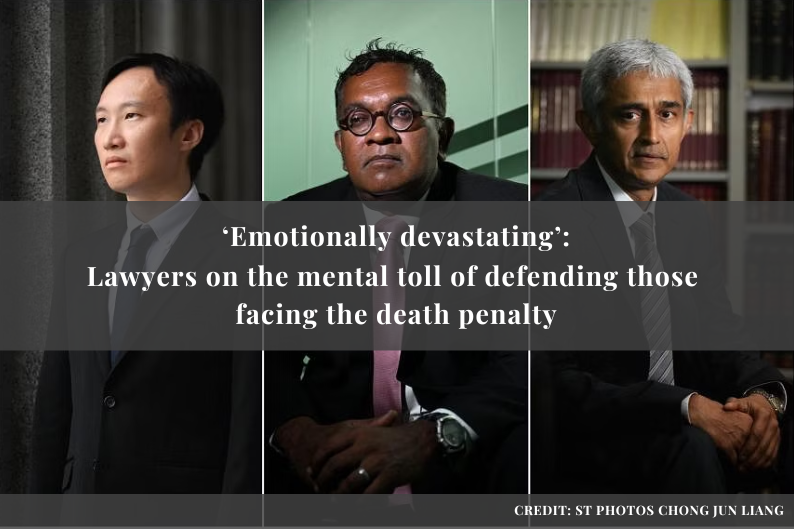Can the FAS send a footballer for polygraph testing with the CPIB?
According to an article by the Monitor Singapore (TMSG), a Singapore national footballer was recently randomly selected for a polygraph test, conducted by the Corrupt Practices Investigation Bureau (CPIB) at the Lekong Bahru headquarters, following the 2023 Southeast Asian Games. Despite there being no evidence or indications of wrongdoing, the Football Association of Singapore (FAS) sent the player in question for the test, and did not reveal what questions were asked or the results of the test. He was the only player to be sent for the test.
Meanwhile, the player was not selected for the national coach Takayuki Nishigaya’s squad for the upcoming set of international friendly matches against Papua New Guinea and Solomon Islands, raising questions over whether the polygraph test was linked to the 7-0 loss against Malaysia.
Although the Players Code of Conduct for the Singapore Premier League states that there is a possibility of random polygraph testing, there is no mention of it in the Athletes Agreement of the SEA Games. It is therefore unclear if the FAS had jurisdictional right to induce the player to answer questions about the SEA Games. There is also uncertainty over the rights of players in the case where the FAS decides to conduct a polygraph test without any real evidence.
Chooi Jing Yen was asked to comment on the player’s rights and obligations in this scenario. He told TMSG that said that there is no legal obligation for anyone to submit to a polygraph test, and depending on the facts of the case, players may have a legal recourse if their reputations have been damaged in any way because of the polygraph testing. He stated that it is going to depend on the specific facts of each case, and how the publication is worded and how the eventual results are publicised would impact whether there would be a possible claim for defamation.
Neither the FAS, CPIB, nor the player’s club responded to TMSG’s queries at the time of their publication.







